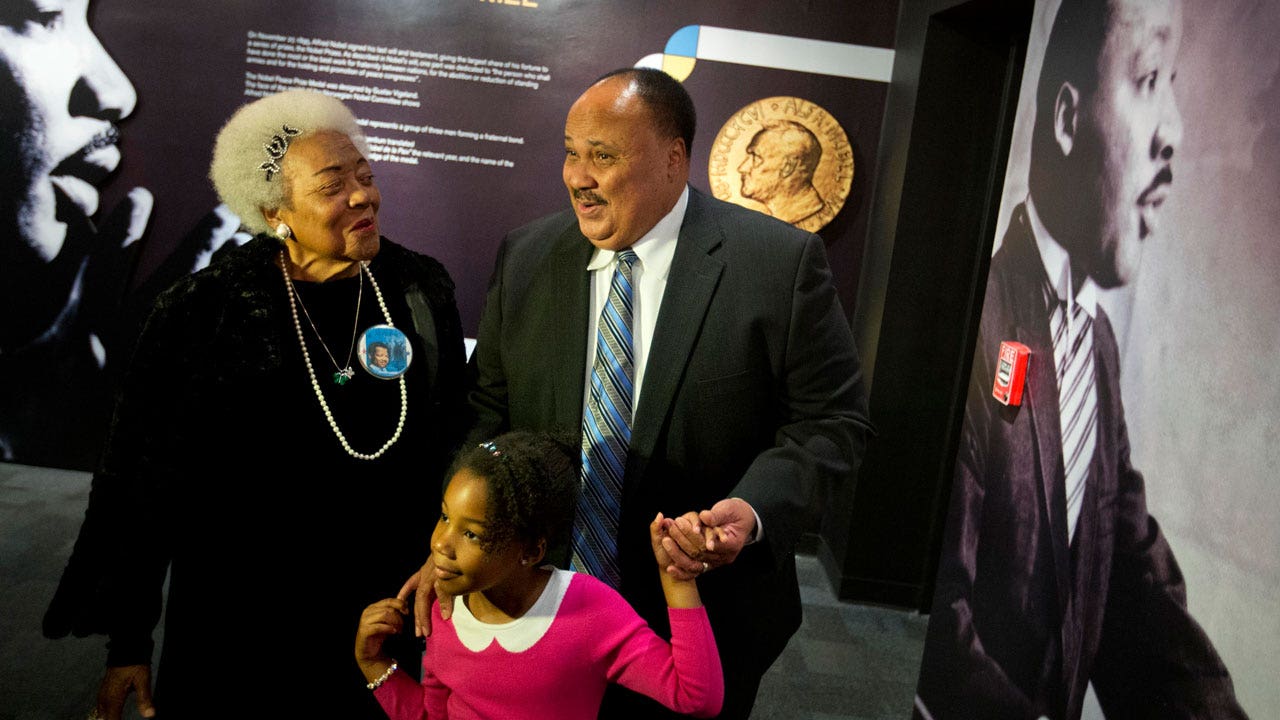Arizona lawmakers today repealed an abortion ban that first became law in 1864, when Abraham Lincoln was president and a half-century before women won the right to vote.
The repeal narrowly passed the Republican-controlled State Senate with the support of all 14 Democratic senators and two Republicans. Gov. Katie Hobbs, a Democrat, is widely expected to sign it, after which abortion policy in the state would revert to a 2022 law that restricted the procedure after 15 weeks of pregnancy.
The 1864 law, which had remained on the books without enforcement for decades, burst into the middle of a heated national political debate three weeks ago when Arizona’s Supreme Court ruled that it should be reinstated because Roe v. Wade had been overturned.
Democrats sought to use the ban to energize voters in Arizona, a battleground state. On the right, the issue created a rift between anti-abortion activists who wanted to keep the law in place and Republicans who worried about the potential backlash of a near-total ban with no exceptions for rape or incest.
In Florida, a ban on abortions after six weeks of pregnancy went into effect today, meaning most abortions are now outlawed across the entire Southeast. Here’s a map of how far the ban puts residents of the region from the nearest clinic.
Colleges call in the police, but protests remain active
School was canceled today at U.C.L.A. after the Los Angeles police were called in overnight to respond after about 200 counterprotesters stormed a pro-Palestinian encampment and the two sides fought. Officials there asked the police to remain on campus through graduation. In Manhattan, the N.Y.P.D. arrested scores of protesters who had taken over a building at Columbia.
More than 1,600 protesters have been taken into custody over the last two weeks. Yet students at several universities remain in protest encampments and show no sign of backing down. Here’s the latest.
The Fed eyes a longer period of high rates
Federal Reserve officials announced today that they were leaving interest rates unchanged. It was their sixth consecutive meeting that has ended without a move in rates, suggesting that borrowing costs — for homes, cars, credit cards and more — will remain elevated.
Jerome Powell, the Fed chair, said in a news conference that a big reason for the pause was a concern that inflation would “take longer than previously expected” to reach the Fed’s 2 percent target. But investors responded favorably to Powell’s comment that officials still expect their next policy move to be a rate cut.
Blinken urged Hamas to accept Israel’s offer
After meetings today with Israeli leaders in Tel Aviv and Jerusalem, Secretary of State Antony Blinken said that Hamas leaders could save Palestinian lives by accepting the cease-fire deal on the table: “The time is now.”
The current offer, under which Hamas would free 33 hostages in exchange for a six-week cease-fire, includes a few concessions that Israel had long rejected, such as allowing some Palestinians to return to northern Gaza.
Will Hamas accept the deal? It’s not clear. In the Morning newsletter, my colleague Julian Barnes explained why.
India’s master of nostalgia heads to Netflix
Sanjay Leela Bhansali is considered a master of the grand old style of Indian filmmaking. His movies are known for grandiosity and obsessive attention to light and detail.
His newest project, “Heeramandi,” is an eight-episode musical drama for Netflix about a forbidden romance in pre-independence India. The format offers him far more time for storytelling than any movie would. But how do you translate big-budget, old-fashioned aesthetics for Indian viewers who are largely watching on tiny mobile screens?
The future of New York pizza is electric
The classic New York City pizza slice has long been made in gas ovens. And some of the city’s oldest pizzerias swear by wood- and coal-fired ones. But that could soon change: Gas isn’t getting cheaper, and a new city ordinance could make wood ovens prohibitively expensive.
Luckily, some chefs have come to like electric ovens. They can cook hotter, faster and more consistently, and they retain heat better, speeding things up during the lunch rush. They’re also mostly novice-proof, so owners have to worry less about training new employees.
Have a sizzling evening.
Thanks for reading. I’ll be back tomorrow. — Matthew
We welcome your feedback. Write to us at evening@nytimes.com.






